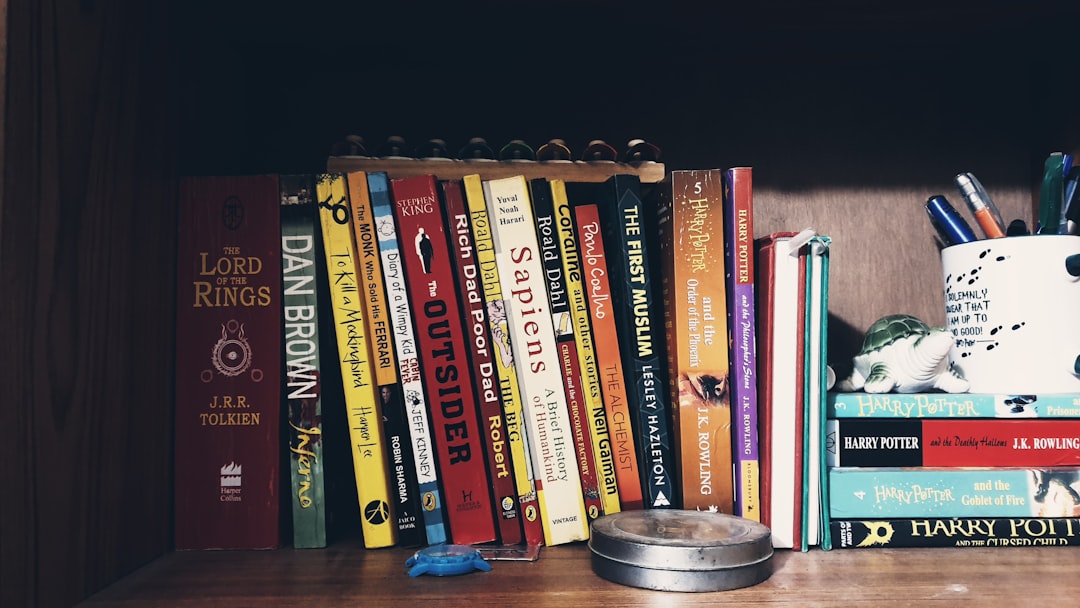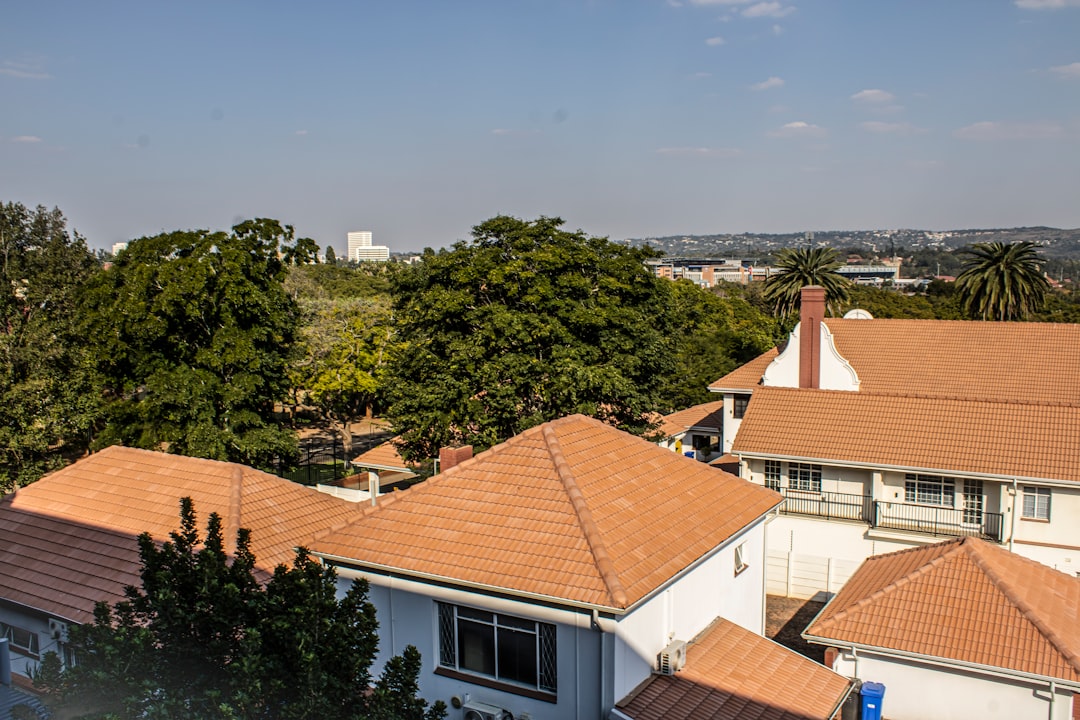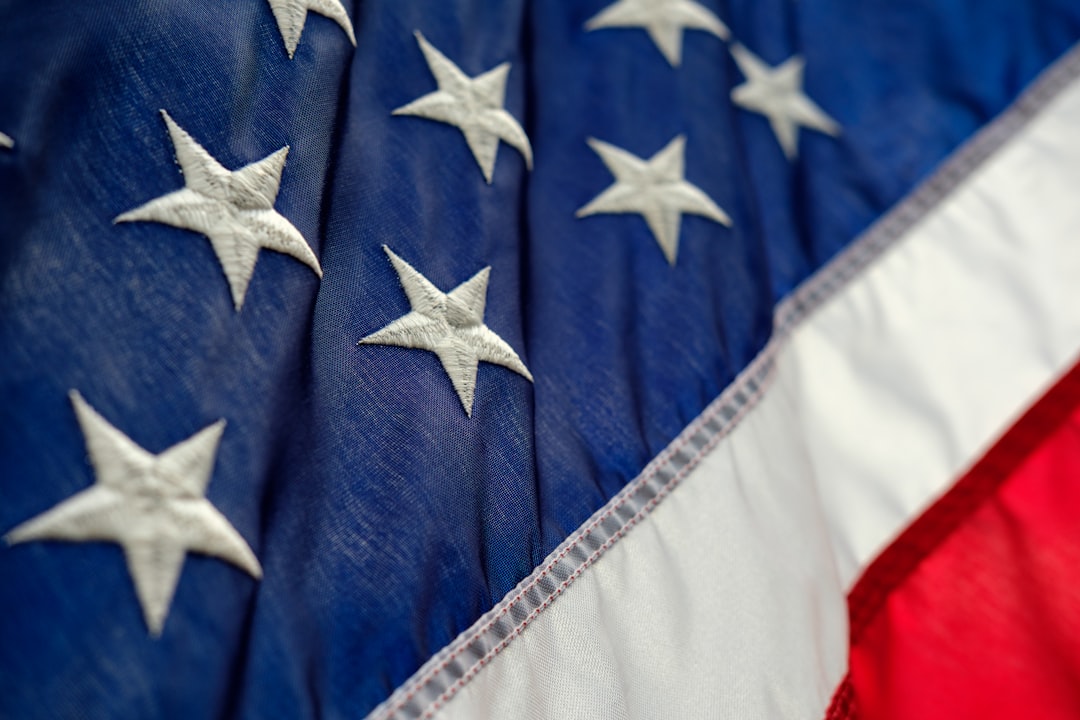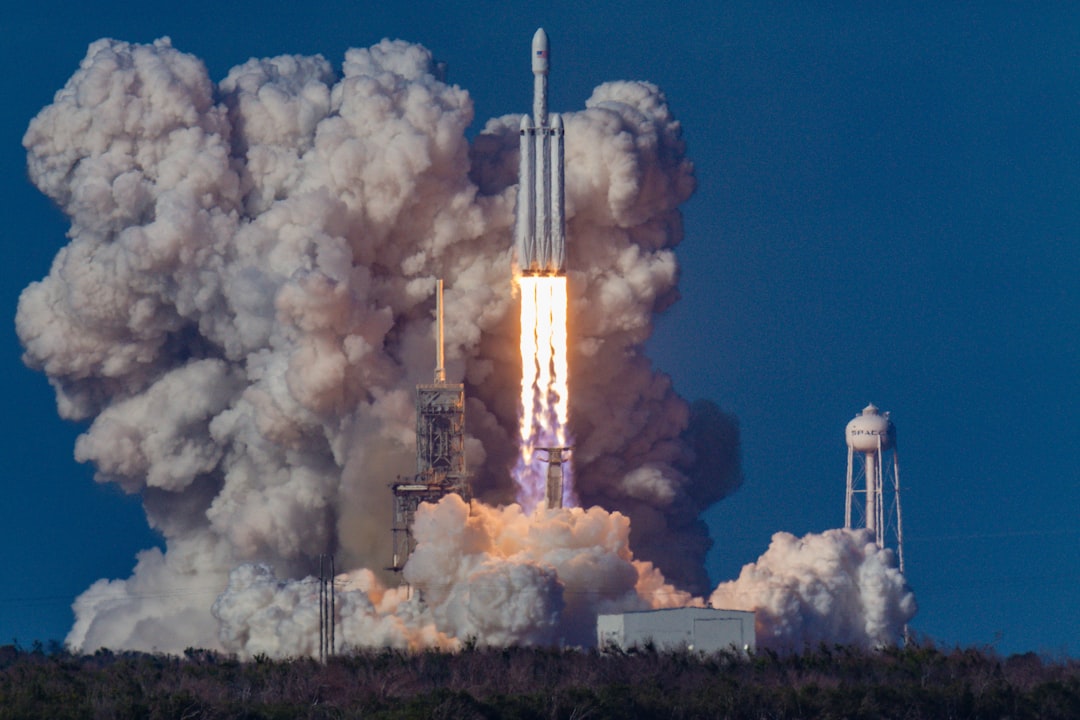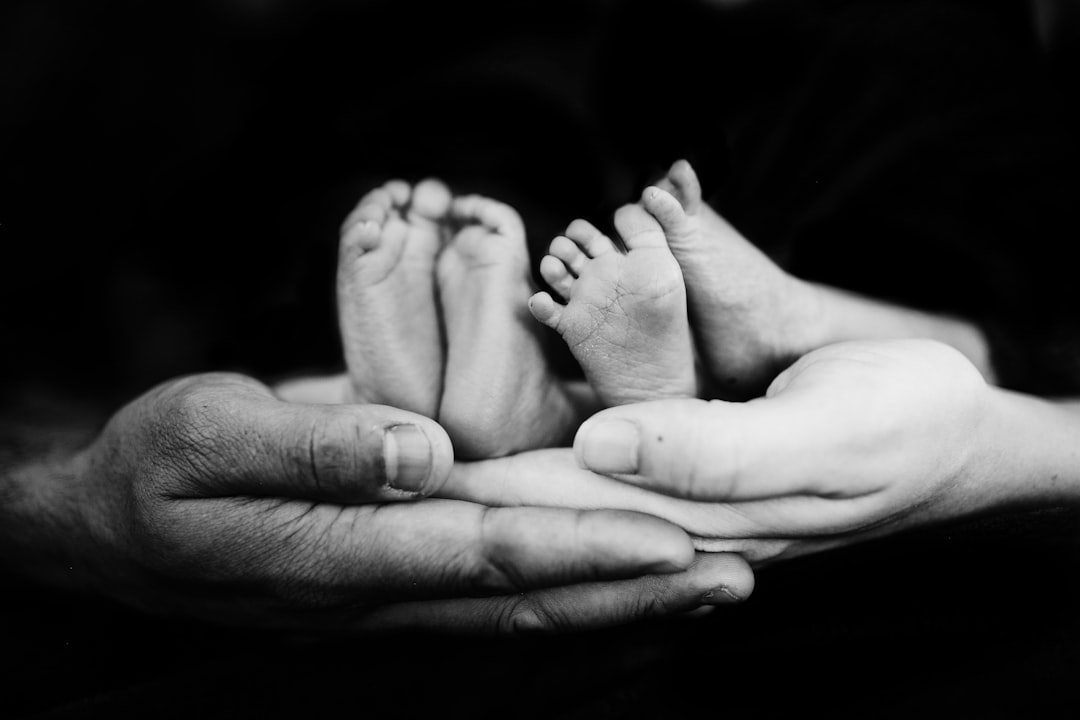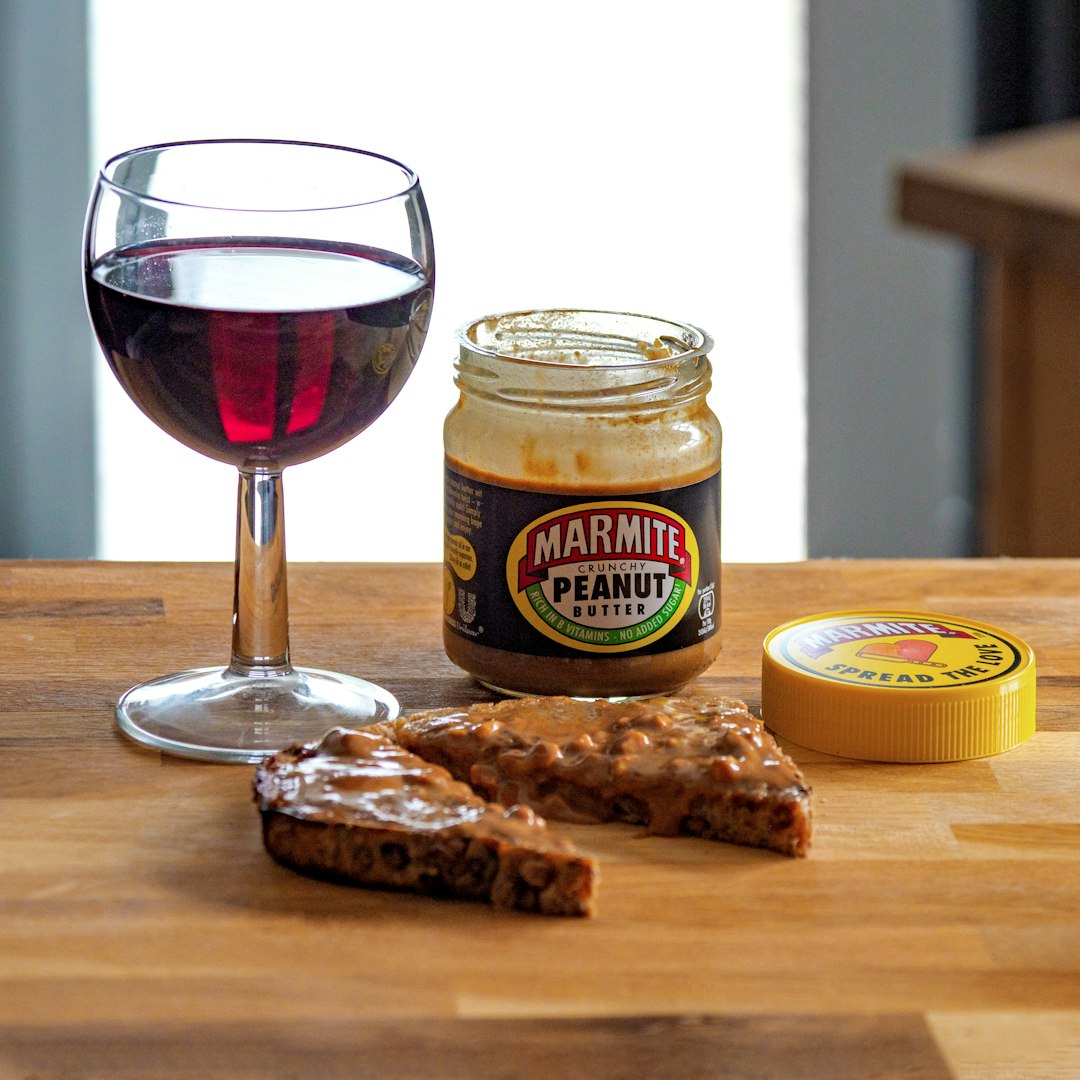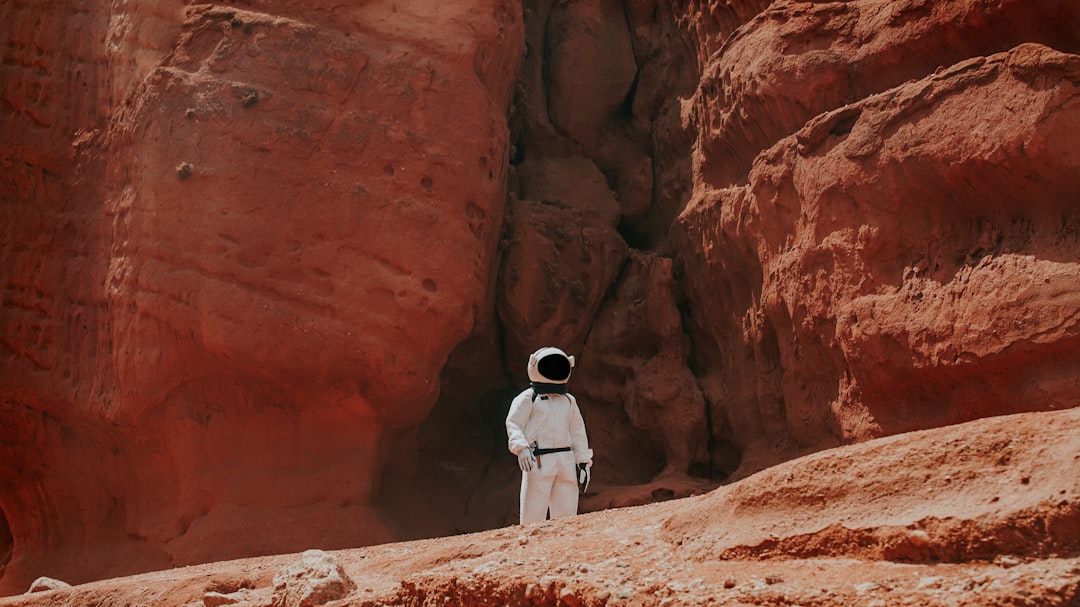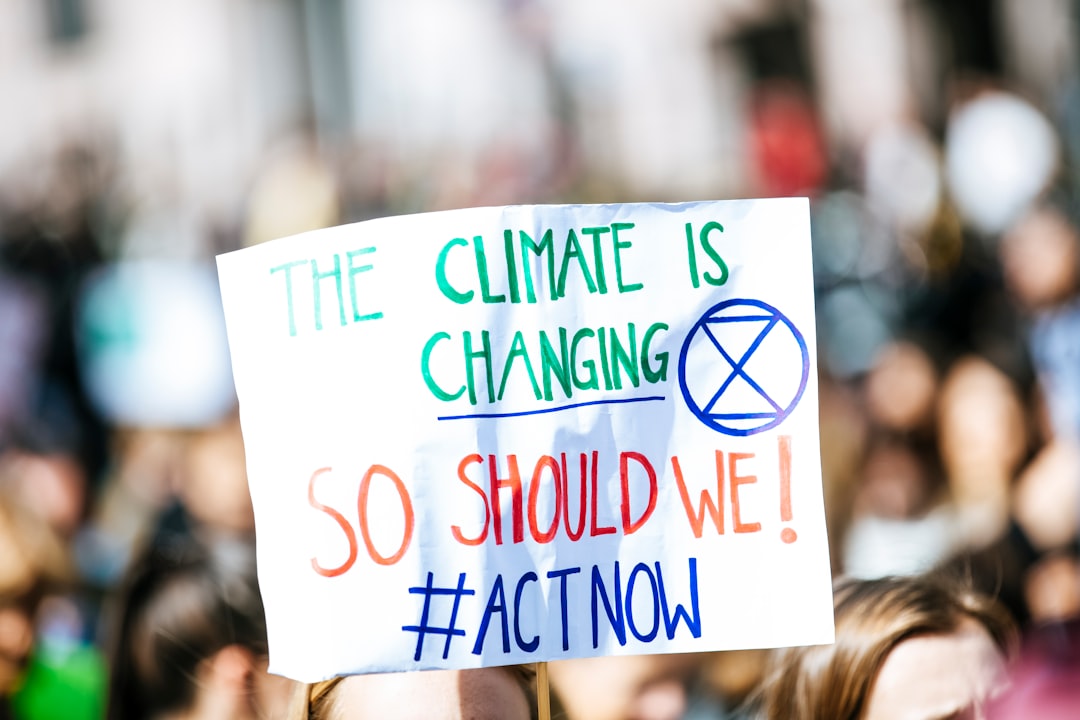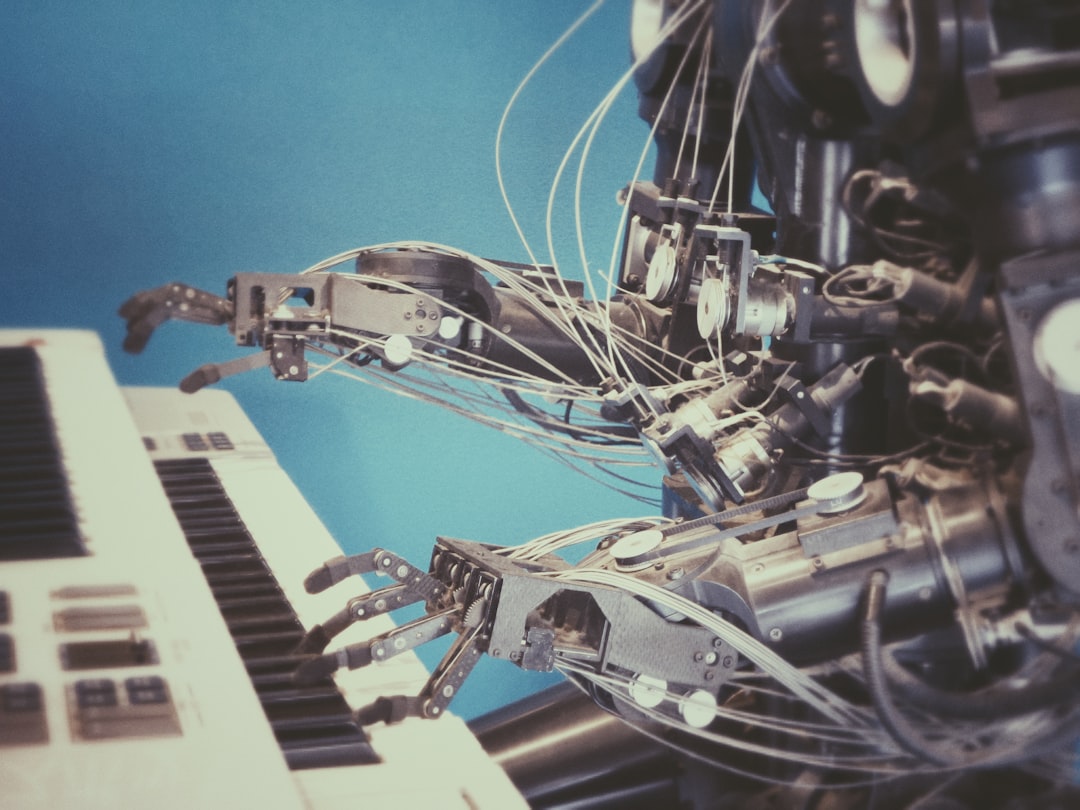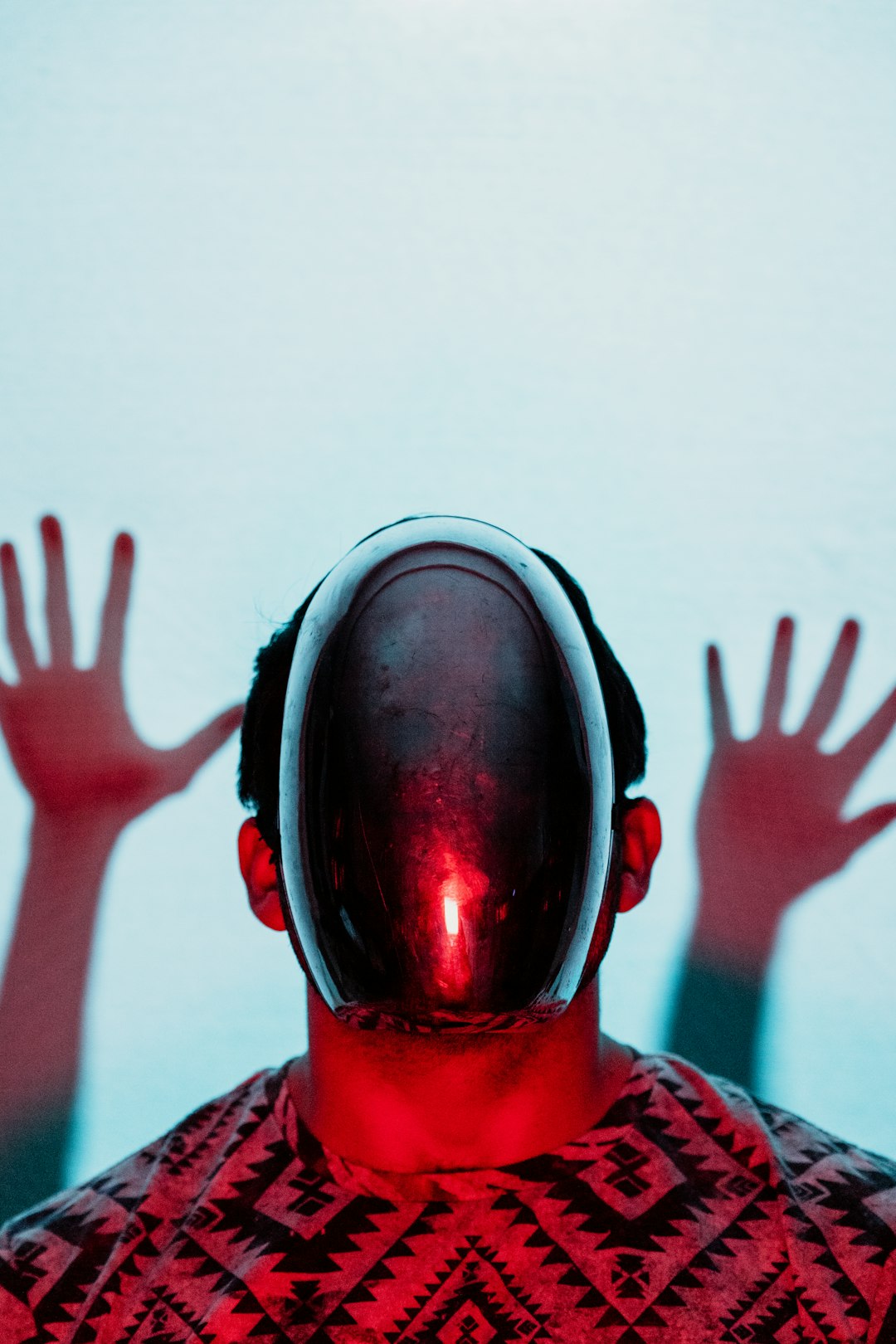We've all heard of SpaceX, the first private company to launch satellites into space. If not, we may have told you about Starlink, the controversial program that plans to send 1,584 satellites into space to bring broadband internet around the globe. No? Surely you've heard of PayPal?
Right.
All of the above were children of one South-African brain.
Meet Elon Musk.
Elon Musk is the tech entrepreneur and global innovator. After selling PayPal, he moved on to found SpaceX and the electric car company Tesla. Musk's net worth was recently estimated at $70.5 billion. In 2015, he founded OpenAI, a company dedicated to using artificial intelligence to replicate the human brain. He dreams of sending people to Mars in this lifetime. Elon Musk doesn't just reach for the stars; he reaches right up and grabs them.
Smart-aleck bookworm
Musk's mother was a model and nutritionist, and his father was an engineer. His parents divorced when he was a child, and he grew up between two households. He was privately educated at Waterkloof House Preparatory School alongside his brother and sister. The seeds of his innovative spirit were seen early on when Musk tried to open a gaming arcade near his school alongside his brother. His parents were against the plan. Also, the two children needed an adult to apply for the city planning permit.
As a child, he was a bookworm and a comic book devotee. He found the tough Afrikaner school lonely, and he was bullied as a child. Perhaps it was this early trauma that sowed the seeds of his determination and drive. He later said in an interview:
I had a terrible upbringing. I had a lot of adversity growing up. One thing I worry about with my kids is they don't face enough adversity.
Beaten up by bullies at school, and returning to a lonely single-parent household, technology became his escape. When he was just ten years old, he began programming on the clunky home PC. He soon created his own video game: "Blastar" which he then sold to PC and Office Technology for $500.
Draft-dodging dropout
That subheading is what we call "click-bait." Elon Musk DID leave his home country of South Africa aged 17 to avoid military service. Musk was born in Pretoria, the capital city of South Africa (if you thought it was Johannesburg or Cape Town, you're not alone, but Pretoria is the seat of government.)
When Musk was born in 1971, South Africa was still in the throes of Apartheid. The new regime under Nelson Mandela did not begin until the early 1990s. The teenage Musk left South Africa before he could be enlisted in the Army. As he explained,
I don't have an issue with serving in the military per se, but serving in the South African army suppressing black people just didn't seem like a really good way to spend time.
He began his new life in Canada before moving to the United States, a country he has come to love ("I am nauseatingly pro-American," he says).
At the University of Pennsylvania, he studied business and physics. During this time, he bought a 10-bed house with a friend, and together they ran an underground nightclub to raise extra cash. It was here at the University of Pennsylvania that he would meet Justine Wilson, his future wife and mother to twins AND triplets (more on that anon!). Then, Elon Musk got a place at Stanford, one of the world's leading institutions and one of the elite Ivy League universities. Could things get any better?
Musk dropped out after just two days at Stanford. He wanted to start his own company. The innovator who has made giant leaps in automation, artificial intelligence, and space was born. The young Elon, together with his brother, founded Zip2. They sold the company just four years later for a staggering $341 million. This success paved the way for Musk's first game-changing invention, X.com, which later became PayPal.
No rest for the ambitious
Musk reached for the stars – literally. His third company, Space Exploration Technologies or "SpaceX" became the first private holding in history to send a spacecraft to the International Space Station. SpaceX then teamed up with NASA. They were given a $440 million contract to send Americans into space. The United States was very keen on this South African immigrant who had the potential to put the star-spangled boot back on the moon. Read all about the history of SpaceX.
When he wasn't dreaming up space shuttles like "Puff the Magic Dragon" for SpaceX (a jab at the haters perhaps?), Musk was busy with his new project. Together with Martin Eberhard, Musk founded Tesla Motors. Tesla blew the socks off the automobile industry. The company began producing electric cars. In 2006, "Roadster" was born, the first electric car by Tesla. The company started moving towards the use of artificial intelligence and autonomous technology for a self-driving future.
There'll be sun, sun, sun.
Clearly, Elon Musk wasn't doing enough. Alongside his time as CEO of both SpaceX and Tesla, the innovator dreamed up SolarCity. The company specialized in solar energy services and is now a subsidiary of Tesla. Musk invested money into the company, which was then started and run by two of his cousins. The $2.6 billion acquisition made the papers in 2016, as it was alleged that he was self-dealing, by saving the company he had invested.
Musk bails out Tesla.
Remember 2008? The year that Lehman Brothers went bankrupt. Merril Lynch, the Royal Bank of Scotland, and AIG had to be bailed out. Tesla nearly went under, but Musk invested $40 million of his own money to save the company. Later that year, he was named CEO.
Elon's "worst year."
Elon Musk called 2008 "the worst year of my life." He was running three companies amid a global financial crisis. SpaceX was hemorrhaging money through failed launches of its Falcon1 Rocket. Tesla was slowly sinking. By 2009, Musk was surviving off personal loans.
Double and triple trouble
Musk's difficulties this year were not just work-related. He also divorced Justine, his college sweetheart, and the mother of their twin and triplet boys. The couple had been married eight years later. Musk has not disclosed any details about the divorce, while Justine was more open about their personal life. Even the ultrafamous deserve some privacy, though, right? In a nutshell, Musk remarried and divorced several times - to the same woman, actress Talulah Riley. The couple divorced finally in 2016.
Today, he is newly partnered with singer Grimes, and the couple has recently had a baby boy: X Æ A-12. Too weird? They changed it to Æ A-Xii. The couple has not given any explanation for this unconventional name, nor an explanation about how to pronounce it!
The Good, the Bad and the Musky
Elon Musk is like marmite: you either love him or you hate him. This is, of course, an exaggeration, but he is undoubtedly a divisive figure. The Tesla billionaire has also made the headlines for all the wrong reasons in the past. He temporarily served in the Trump Administration, to mixed opinion. He left his position on the White House council, following Trump's withdrawal from the Paris Climate Accord, tweeting:
Am departing presidential councils. Climate change is real. Leaving Paris is not good for America or the world.
Do you remember when the team of Thai boys was trapped in an underwater cave? For many people around the world, the most memorable part of that story was the scandal involving Elon Musk. He initially proposed a submarine to rescue the team. When one of the rescue divers dismissed this as a 'PR stunt,' Musk called him a 'pedo guy.' This ill-fated tweet led Musk to a court case.
After the intense 2018 year touched on above, Musk was interviewed on the Joe Rogan podcast, where he smoked pot on air. Not the worst crime for someone who works 80-hour weeks and is trying to reverse climate change, but perhaps not the wisest public move.
More recently, Elon Musk has taken a controversial stance on the coronavirus and subsequent lockdowns. He scoffed at the coronavirus panic as being "dumb" and flouted orders to close his California factory.
He touted the anti-malarial drug chloroquine as a treatment for COVID-19 despite it being an unproven and unapproved treatment. Like Trump, he predicted that the coronavirus in America would be gone by the end of April. There was a scandal about some ventilators he donated to hospitals in the United States, which arguably counted as BiPAP machines.
As for his position on the reopening debate, Musk is clear. He sees the stay-at-home orders as "fascist" and thinks the United States needs to restart the economy and give its citizens the right to work, protest or shelter-in-place at will.
The argument over public health and safety over the long-term implications of an extended lockdown is complicated. Musk has taken a surprisingly vocal stance, however, which did surprise many people.
Man's future is in the Red Giant
Elon Musk believes that sending people to space is the only way to ensure the viability of the human race.
We CAN reverse climate change
What do SpaceX, Tesla, and SolarCity all have in common? Elon Musks' companies, for which he often works 80-100 hour weeks, also reflect another of his major concerns: climate change. The industrialist and engineer also is a strong advocate for clean energy and better environmental practices, hence the investment into solar panels and electric cars.
Love/Hate with A.I.
Elon Musk has blown hot and cold over AI. He founded OpenAI, a company dedicated to developing "friendly AI" for humanity's overall good. The open-source project promotes global collaboration and joint research to create AI for the greater good. His initial public statements about artificial intelligence reflected a cautious hope for how the fast-growing technology could benefit mankind.
AI will be the best or worst thing ever for humanity.
Today, he seems less certain. Recent statements by Musk show his stark warnings about the future of AI:
AI is a fundamental risk to the existence of human civilization in a way that car accidents, airplane crashes, faulty drugs or bad food were not — they were harmful to a set of individuals within society, of course, but they were not harmful to society as a whole.
Elon Musk is wary of the future of AI. This does not stop him from advancing our understanding and use of artificial intelligence. In 2016, he launched Neuralink. This cutting edge biomedical institution is working on brain-machine interfaces.
In a recent Joe Rogan podcast (remember when he smoked pot on air? His next appearance), Elon Musk explained the technology behind Neuralink. Effectively, a small segment of the human skull will be removed, and a computer chip inserted in its place. If the artificial connection could link with neurons, new pathways could be created, correcting neural disorders. Blindness could be reversed; epileptic attacks could be stopped altogether. Degenerative disorders such as Alzheimer's and Parkinson's Disease could be confined to medical history books. Musk dreams big.

